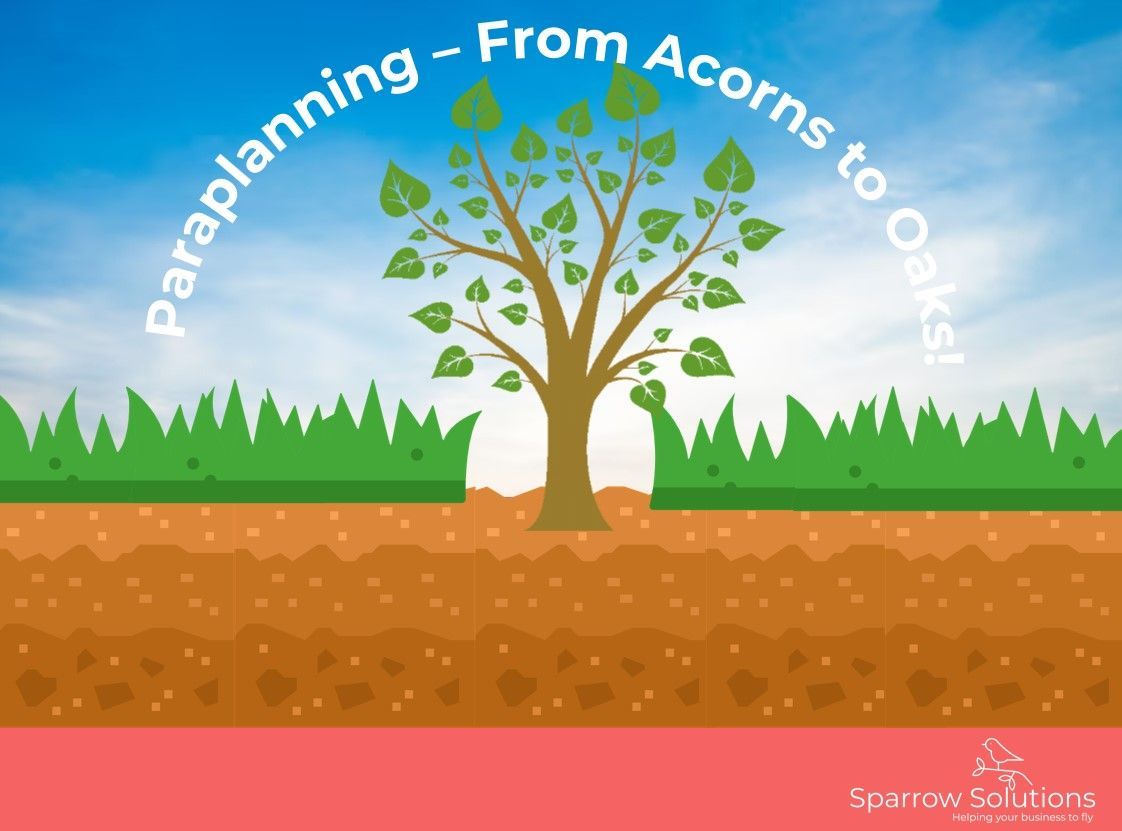Fancy joining the financial planning profession? – Here’s a (hopefully!) useful blog
Thinking of financial planning as a career....
As a profession, we are crying out for new people to come and join us, but are we an easy career to get into or do we have barriers that those on the inside just don’t see?
On a recent Linkedin post, someone asked a number of questions about the financial planning profession that a new person may want to know:
1. Can you be a paraplanner without being qualified?
2. Why are there junior/senior administrator and paraplanner roles?
3. At what point does the administrator become a paraplanner?
4. How confusing is this for a new entrant?
These are all very good questions so I thought I’d try answer some of them with what’s my view but hopefully helpful!
1. Can you be a paraplanner without being qualified?
‘Technically’ no, you don’t ‘have’ to have any qualifications to be a paraplanner, but this is also true of the administrator role. However, do you ‘need’ qualifications? I would say, to be able to do the paraplanner role fully, to understand the technicalities of how to put together and then continue to monitor and review a client’s plan, th en yes, you would need the technical knowledge that comes from studying.
Again, to what level and in what type of exams very much depends on the type of paraplanning work you are doing, and the level you and your employer want and feel you need to get to, to be able to look after the number and type of clients your business has.
Do exams give you the competence to be able to do a paraplanning role? Again, yes and no. The best paraplanners I know and work or have worked with have a balance of qualifications and experience. I have worked with some who had not yet got to level 4, and were excellent paraplanners, some who were not. I’ve worked with some who are level 4, or chartered and/or Fellow, and are excellent, and again some are not .

I’ve worked with paraplanners who are highly technical and very capable at the analysis and research aspect, who produce ‘compliant’ reports, but really struggle or are not actually able to convert the outcomes of this research and analysis into a readable and client friendly format, a key skill needed from a paraplanner.
2. Why are there junior/senior administrator and paraplanner roles?
There are a range of administrator and paraplanner roles. Trainee/ junior roles, paraplanner, and senior paraplanner. People tend to work up these levels as they gain qualifications and experience, (and if they want to, of course!)
I know many excellent and skilled paraplanners who are ‘paraplanners’ rather than ‘Senior Paraplanners’. For example, I’m a Chartered Financial Planner, and Fellow of the PFS with 20 years experience, but I call myself a ‘Paraplanner’ rather than ‘Senior’ or ‘Head’ Paraplanner, as I’m the only one in my business, so I can’t be senior or Head to anyone else!
3. At what point does the administrator become a paraplanner?
So when does an administrator become a paraplanner? Well, from a what they ‘do’ point of view, it will be largely down to the tasks they do and the business they are in.
Administrators tend to do more of the crucial supportive work, in my experience. Looking after the client through creating and building their file with all the information the planner has gathered; getting and processing information on current plans, investments and pensions. Communicating with the client to keep them updated on progress and request any other information that’s needed.
An administrator will usually gather, collate and prepare all the vital information for the paraplanner, in conjunction with the planner, to review, analyse and assess as part of building the client’s Plan and the recommended actions to help get and then keep the client on track. The paraplanner will do this using (sometimes, but not always) cashflow planning, reviewing the client’s pensions and investments, and then assessing the suitability of these to meet the client’s needs and goals.
So, in answer to that part, once an administrator starts moving from doing the key tasks to set up, build and maintain the client’s file to ensure a well running client relationship, and start moving to more of the planning, reviewing and analysis aspect of the client relationship, that’s when they are becoming a paraplanner.
From a different point of view, when an administrator wants to become a paraplanner will very much depend on whether they want to! I know we talk of ‘career’ paraplanners, but there are many, many people now who are also ‘career’ administrators and client support staff.
A fundamental role
The administrator and support staff role is fundamental to the client journey and the service they receive. Paraplanners, Planners and Advisers could not do what they do without administrators doing what they do, and sometimes this doesn’t always get the recognition it deserves.
Whilst there is lots of crossover in the skills and traits needed for a good administrator and a good paraplanner, such as excellent organisation, time management and communication skills; great administrators also have tenacity, patience, initiative and great client focus.
They are frequently the glue that holds the financial planning team together, often wrangling the planner and the paraplanner, organising information, timescales, meetings and a range of other things to ensure the client has a great experience.

For someone wanting to become a paraplanner, planner or adviser, the administrator/client support role is a great place to begin. It often needs less qualifications and experience, and so can be a good way to break into financial planning.
It also provides a really good foundation for any career in the profession as it gives a great way to learn about the different types of pensions, investments, protection plans and the range of the providers, that are needed in other roles such as paraplanning, planning and advising as well as other technical or compliance based roles.
4. How confusing is this for a new entrant?
I’m sure it is confusing for people who are considering or new to the financial planning and advice profession but there is help and information out there.
There is the CII Step Forward website, which gives school leavers, returners and career changers lots of information on our profession. https://www.ciistepforward.co.uk/
On that website, there is also information on the different roles: https://www.ciistepforward.co.uk/fortunes/career-inspiration
There is also free CII membership (terms and conditions apply, naturally!) for some: https://www.ciistepforward.co.uk/member/register
And there is the Personal Finance Society ‘Getting you Started in Paraplanning’ booklet, which also gives lots of information on Getting Started in Paraplanning (unsurprisingly!)
https://www.thepfs.org/news-insight/publications/articles/getting-you-started-in-paraplanning/82771
https://www.thepfs.org/media/10122021/getting-you-started-in-paraplanning.pdf
Help is always given to those who ask for it….











